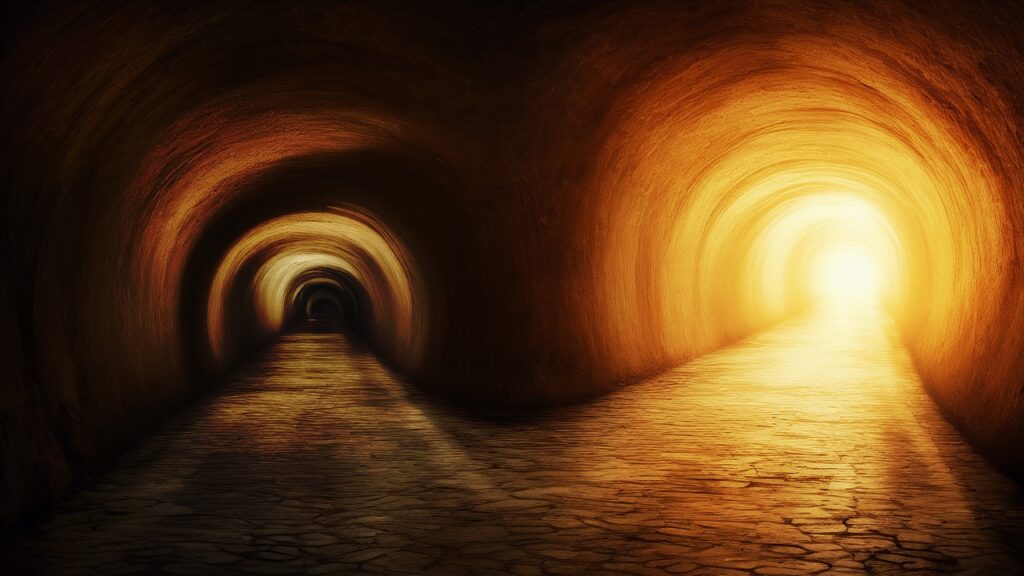When occasionally thinking about death, one also wonders what lies beyond. Is it an afterlife free of life’s sufferings and aches, or one that is even more grueling than the reality we live in? David A. Carter’s new book, Our Mysterious Lives, discusses such controversial topics in order to understand the true meaning of our existence.
One of the most debated topics amongst religious scholars, agnostics, atheists, and general skeptics is the existence of God. A person’s faith and belief in that matter can define what it means for someone who is dead as much as someone who is very much alive. And when the topic of death is contemplated, the concept of the afterlife is inevitable to come up. Different religions have different theories as to what lies after death as well as what death actually means for a person.
Depending on the person and what their faith and beliefs are when alive, the afterlife can be many different things. Religions such as Christianity, Islam, and Hinduism have a simple concept of heaven and hell. The ones who do bad deeds in their lives go to hell, and the ones who do good and walk the path towards God get to heaven as their final destination. Now, what defines a good and bad deed remains a topic of another debate between religions, but the basic concept still stands.
While religions such as Judaism and Buddhism have much more complicated concepts of heaven and hell. Described as a realm where souls go after they die; it is a resting place that is not exactly a good or bad space but just exists. In Judaism, the holy book of the Torah describes a place called Sheol, an in-between state of existence after death irrelevant to judgment for reward and punishment.
But even amongst the religious beliefs, there are those who refuse to confirm these beliefs blindly and make efforts to find the answers themselves. That is a behavior that David Carter himself also encourages in his book. He believes that by being welcoming towards all sorts of world views, we can truly mature enough to make progress towards understanding the true meaning of existence.
For this reason, Carter, in his book, along with the religious point of view about the concepts of both the metaphysical nature and the corporeal, discusses theories from atheist and agnostic perspectives. The book mentions the well-known philosophical argument by Blaise Pascal —Pascal Wager. The debate proposes logical reasoning for the age-old argument of whether God exists and if there is a life after death.
Blaise Pascal was a philosopher among many titles in seventeenth-century France. He further supported and voiced the solution to the debate by simply suggesting that, whether God exists or not, there is no harm in living life believing that he does. If a person abides by this theory and it turns out that He does exist, they will be rewarded by His grace and salvation, and if He doesn’t, there won’t be any consequences to face. On the other hand, if a person lives their life distanced from this belief and God does exist, then there would be eternal damnation awaiting them.
This argument made waves in the philosophical world and brought further theories and debates to attention. Even so, not all heeded this way of life and chose to do what they thought was the true way of living. To this day, even after years and years of religious and philosophical arguments, debates, and theories, there seem to be several different conclusions about what the life beyond looks like. And for that, David A. Carter continues to encourage the readers of his book to be open to all possibilities and world views.
Our Mysterious Lives is available on the official website and on Amazon.

